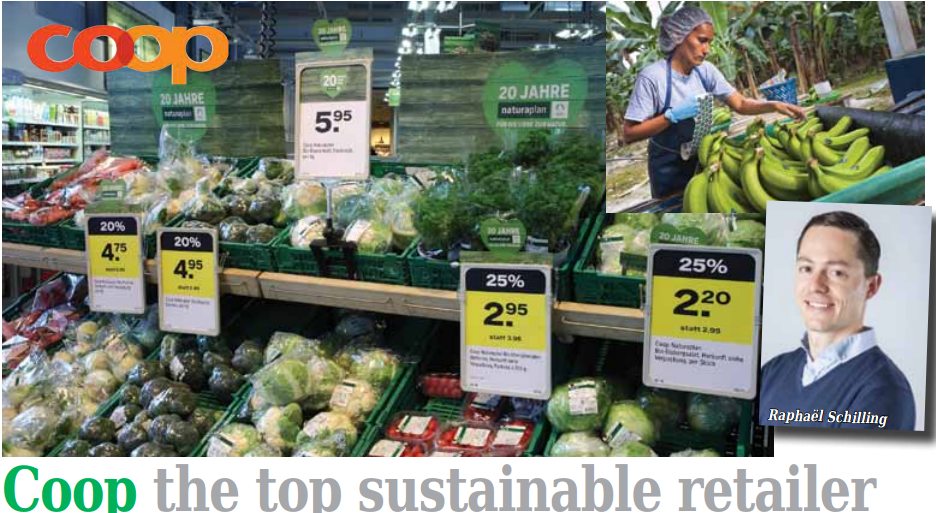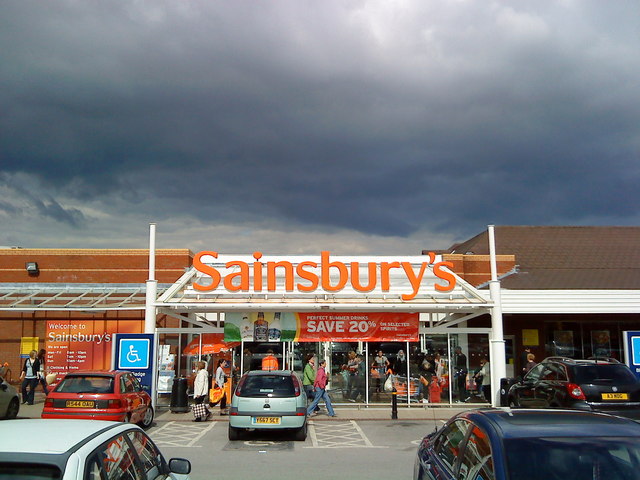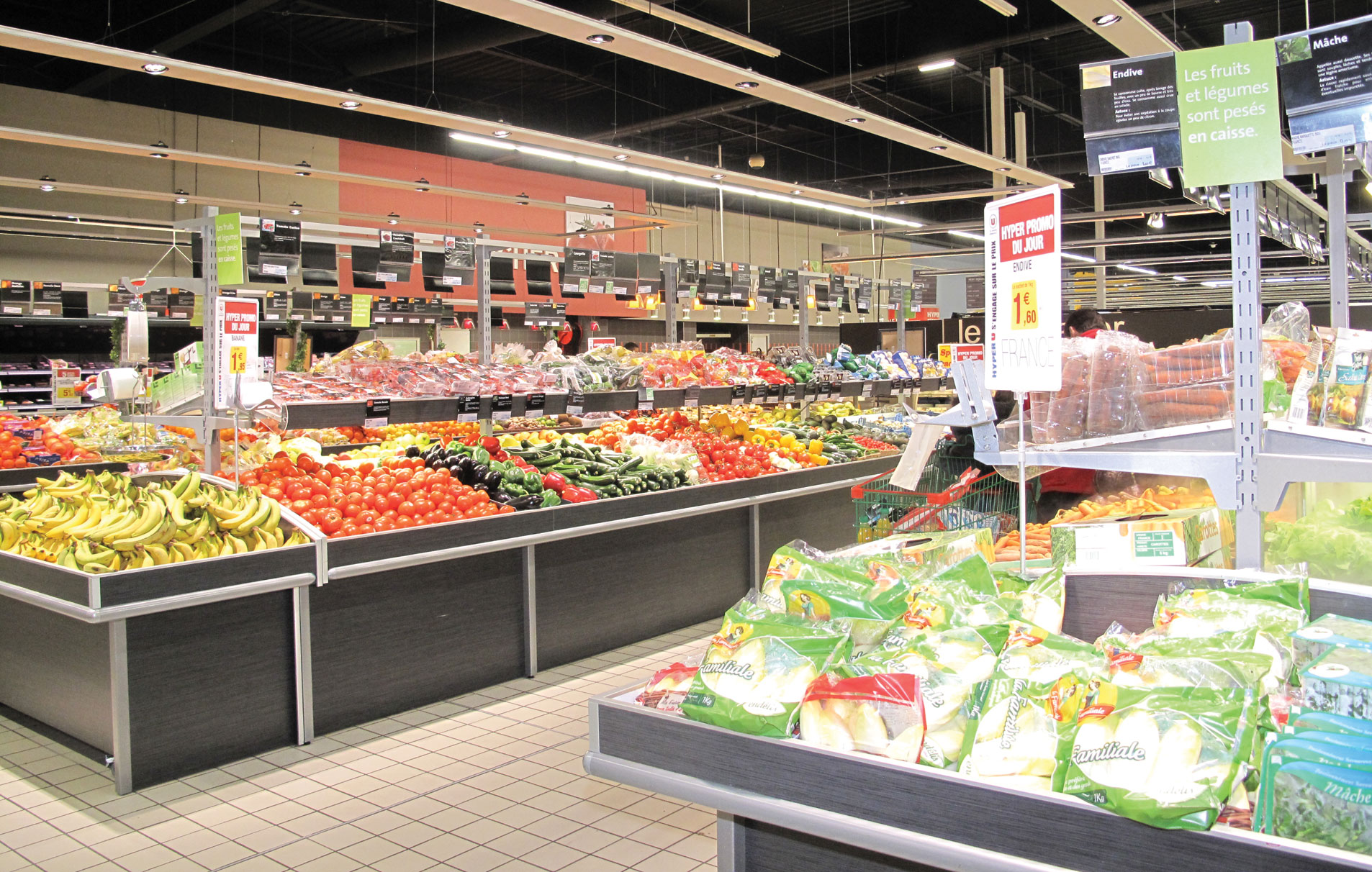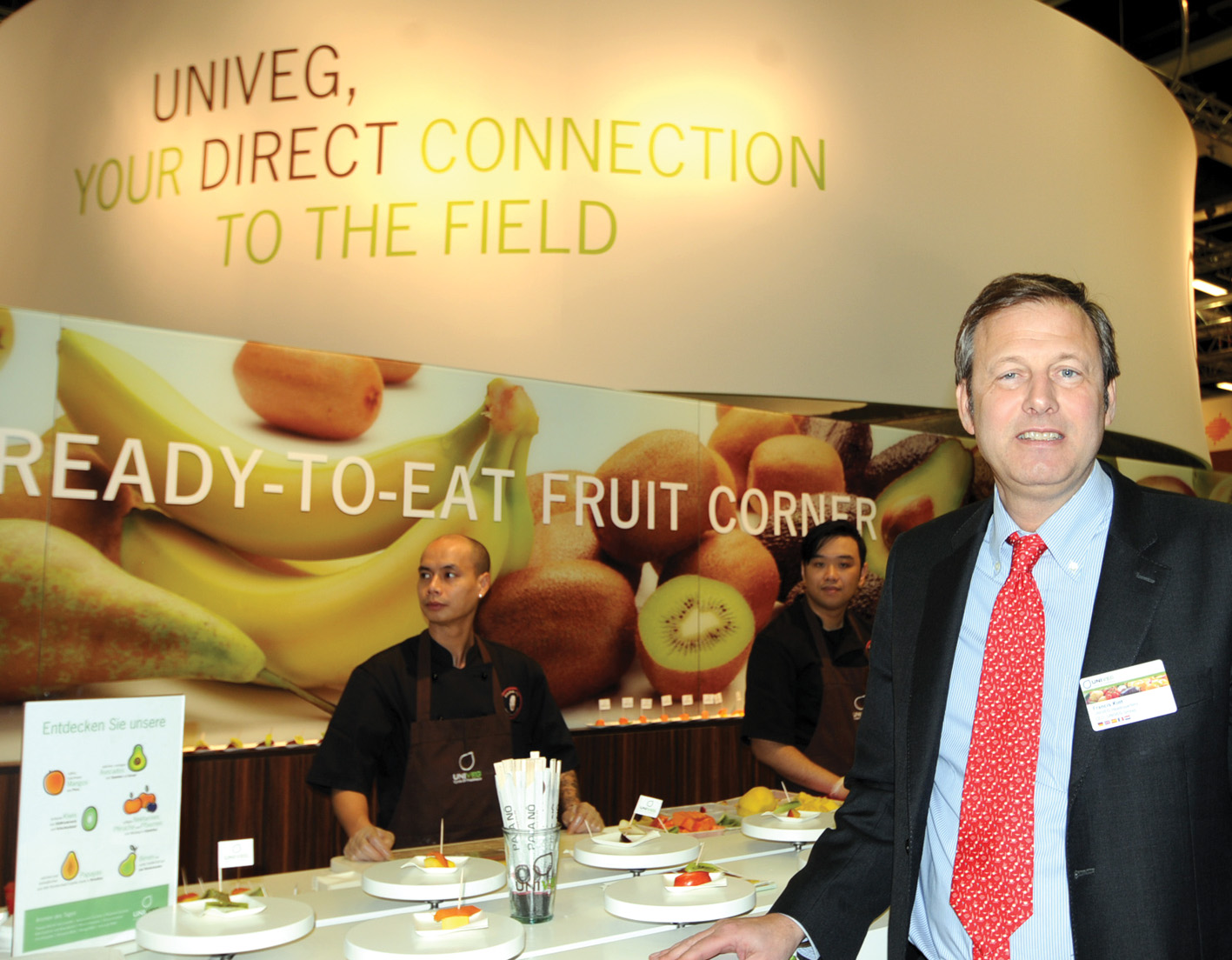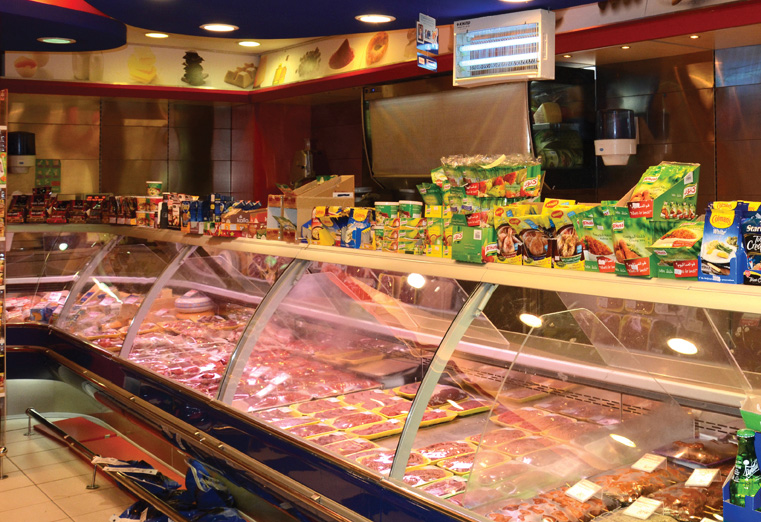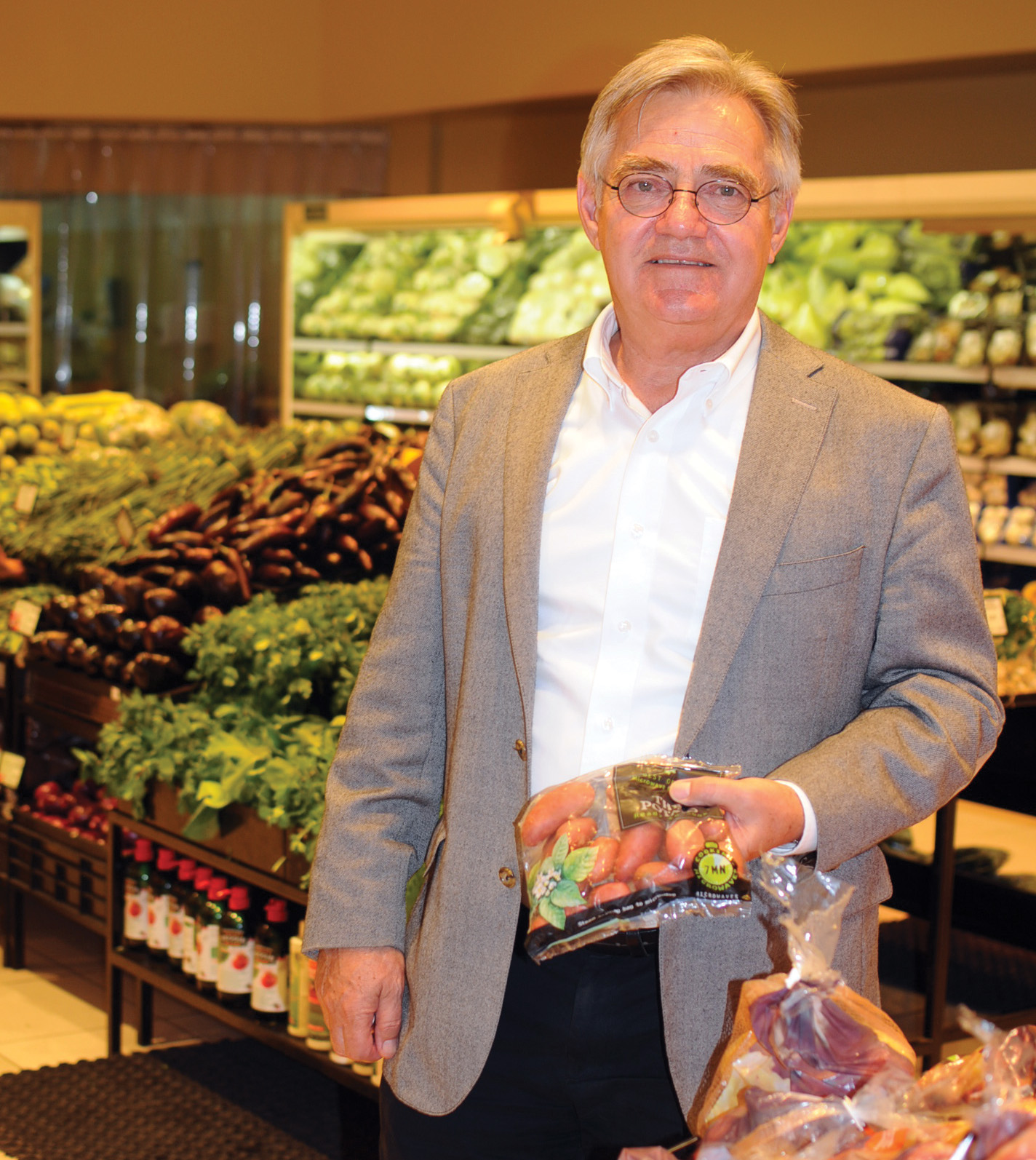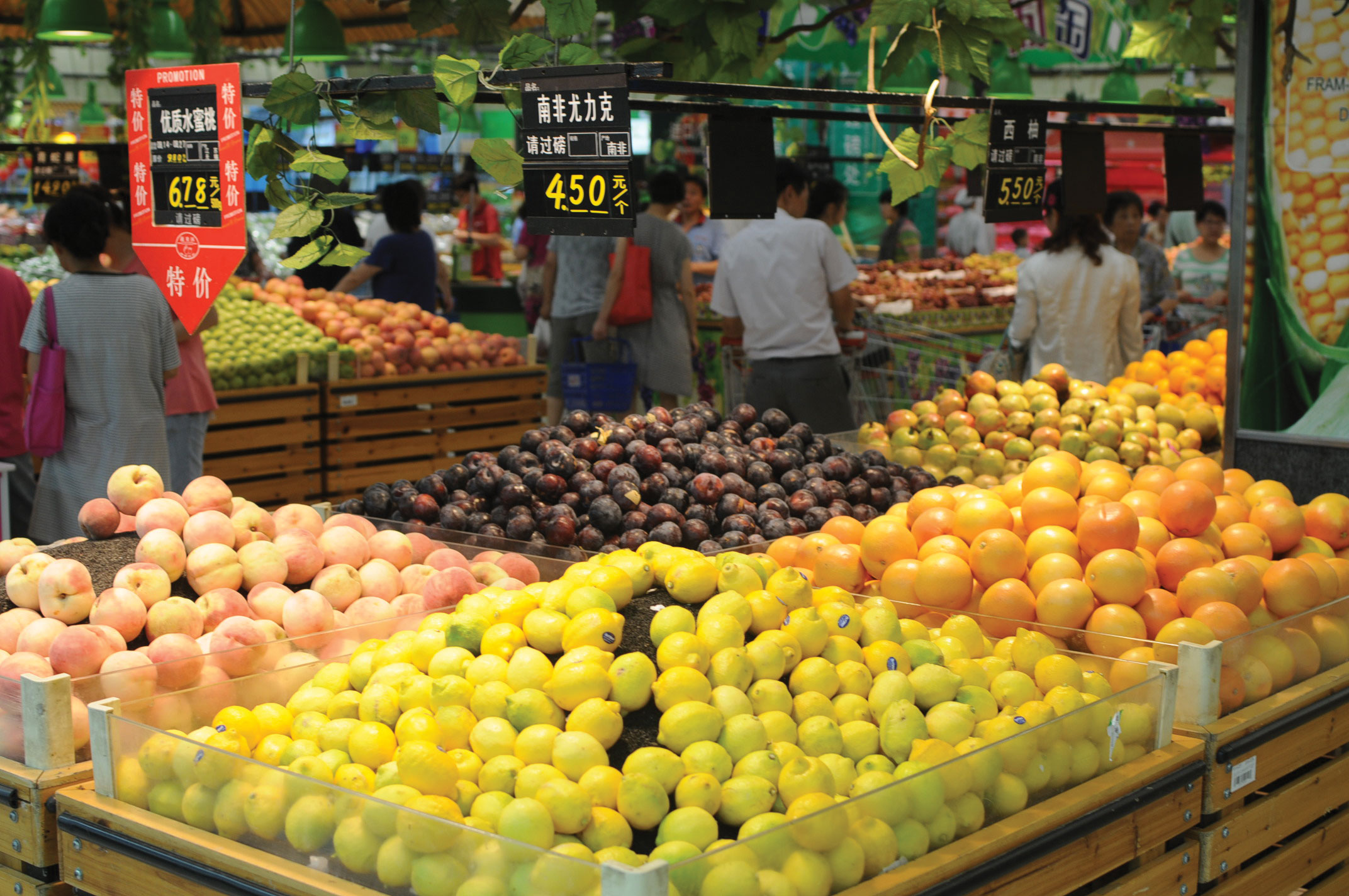
In 2013, China’s fruit exports still focused on apple, citrus and pear. With 35 nations/regions obtaining protocols from AQSIQ (China’s General Administration of Quality Supervision, Inspection and Quarantine), it imported more varieties of fruit. Thanks to zero tariffs between China and ASEAN nations, fruit is imported from Pakistan, New Zealand, Chile, and Peru at very competitive prices. The top 10 imported fruits (in order of import value) were durian, grape, banana, cherry, mango, kiwi, citrus, plum, apple and watermelon. The total value of imported fruit increased 10.6% last year – more evidence that China is an increasingly attractive market.
Apples remain an export market
In 2013, apples were still an export market for China. The total export volume reached 994,664 tons, a 1.9% increase on 2012, with a 7.2% rise in total value to $1.03 billion. The peak months were January, March, April, November and December, with each seeing the export of more than 100,000 tons.
Asia and Europe are still the top two destinations. In terms of trade volume, Thailand, Indonesia and the Philippines are the top three buyers of Chinese apples, while in value, the Philippines topped the list, with more than $20 million, followed closely by Thailand with more than $19 million and Vietnam with more than $11 million. Two other buyers of Chinese apples also stood out: India (with about a 35% increase in volume and 25% increase in value) and Malaysia (30% increase both in volume and value). The Russian Commonwealth remains strong, but buyers have shifted to lower priced apples. Shandong province is the main apple growing region in China, and exported almost half of the total.
China’s apple imports
China imported 38,724 tons of apples value with a value of $67.6 million, down 37% and 26.8% respectively on 2012. In 2013, Chile, NZ and USA apple protocols were temporarily frozen, leaving little choices for importers. Only apples from Argentina, Australia (Tasmania), France, and Japan could be exported to China. At time of writing the bans on New Zealand and Chile had been lifted but the US had yet to regain access. As with apples, apple juice exports exceed imports. In 2012, China exported 750,000 tons of apple juice concentrate, however in 2013 the volume fell 1.7% to 601,000 tons. China imported 1,811 tons of apple juice last year, 75% more than 2012, though the value slipped 20.7% from $1.14 billion to under $0.91 billion. Apple juice from China mainly goes to the US – which bought half the total – and Germany, Japan, the Russian Commonwealth, Chile and Argentina. The average price for exported apple juice last year was $1507.29/ton.
Citrus: China pays more for imported products
While in terms of volume China exported more citrus than it imported, the good news for suppliers is that exported citrus averaged $1,155/ton, but China paid $1,618.8/ton for imported citrus. At present, Argentina, Australia, Cyprus, Egypt, Israel, Morocco, New Zealand, Pakistan, Peru, Spain, Uruguay, and the US have protocols for export to China. (Though the US protocol was suspended last year, the ban may be lifted in 2014, according to AQSIQ sources.). Year-on-year, China’s citrus imports rose 53.6% last year, to 12,602 tons, while its citrus exports, mainly to other Asian nations, totalled 773,365 tons. The main exporting provinces are Fujian, Guangxi, Shandong, Xinjiang and Yunnan. China’s top citrus buyer, Malaysia, last year took more than 140,000 tons, up 46% on 2012. Malaysia paid $217 million, an increase of more than 72%. Next came Thailand, with more than 62,000 tons (+13%) and $106 million (+50%), followed by Vietnam. Price-wise, Malaysia paid a per ton average of $1588.20, and Thailand $1714.80, while, after a 39.5% increase, Vietnam averaged $685.3. Russia was the top buyer among European continent nations.
Pears: import price twice that of exports
The top 10 Chinese pear destinations are (in order of value): Indonesia, Vietnam, Malaysia, Thailand, Hong Kong, the US, the Russian Commonwealth, Canada, the Philippines and Singapore. Border trade accounts for about 18% of the total. Shandong and Hebei are the top growing regions.
In 2013, China exported 381,281 tons of pears, down 6.9%. The total value of exports was $361.75 million, up 11.3%. The average price was $948.80 per ton. Though China only imported 3,766 tons of pears (+51.9%), the average price for imported pears was $1,834.80/ton. The total value of pear imports in 2013 was $6.91 million, up 82.3%.Argentina, Belgium, Japan, New Zealand and the US obtained AQSIQ protocols to export pears to China.
Grapes: export price 9% of import price
Grape exporters to China had a great year. In 2013, they sold 205,301 tons (+21.9%) to China, at a value of $55.23 million (+29.8%). Though China exported 141,128 tons of grapes, the average price was only $249.6/ton while it paid $2,690/ton for imported grapes. The export price was thus only 9% of the import price.
Chile and Peru, with the opposite growing season to China, had a great year. At present, besides these two nations, Australia, New Zealand and US (California only) also have grape protocols.
